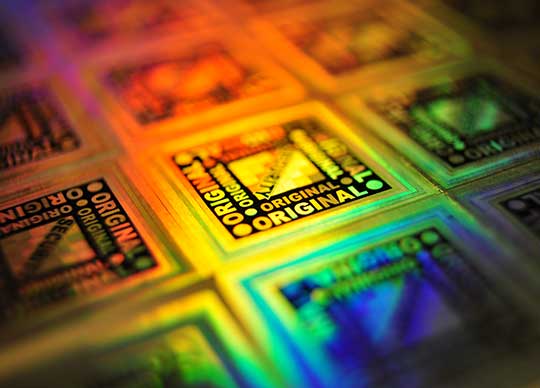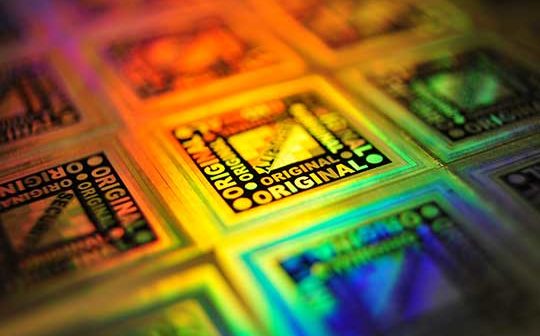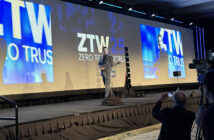
The International Hologram Manufacturers Association (IHMA) says it welcomes The Future of Anti-Counterfeiting, Brand Protection and Security Packaging to 2026* report.
According to its findings, brand protection, track and trace and other anti-counterfeiting technologies in packaging are increasing in use as global economies wrestle with a post-Covid world.
Growth in packaging security devices appears ‘strong and potentially lucrative’, the IHMA says, in the face of a report that predicts increasing incidences of global counterfeiting alongside heightened awareness of tracing technologies.
The demand for anti-theft, product authentication, tamper-evidence and track and trace components will continue to grow even in static US and European markets for packaging. In 2020, the pandemic and the rise of e-commerce trading spearheaded a rise in fake goods. For example, cosmetics and personal care saw reports of a 56% increase in counterfeit products sold online.
The packaging industry will continue to benefit from the use of anti-counterfeiting solutions identified in the report, particularly as fears over shortages of medicines, pharmaceuticals, and vaccines in many parts of the world drive demand for counterfeit and illicit products.
Security devices such as holograms on packaged goods can ensure quality and check the distribution and smuggling of illicit products while items not displaying them can be seized and destroyed.
Welcoming the report’s findings, IHMA chair Dr Paul Dunn said people must accept that counterfeiting will remain a ‘clear and present danger’ for the international packaging community for years to come.
However, he added: “This report clearly shows anti-counterfeiting solutions such as holography have a key role as an effective, highly flexible weapon in the ongoing battle to thwart counterfeiters and fraudsters.
“All involved in the supply will be reassured by the presence of holograms on products and recognise the benefits they provide as security packaging relies more on technologies to optimise traceability and usability.”
The use of well-designed and properly deployed authentication solutions, as advocated by the ISO12931 standard, enables examiners to verify the authenticity of a legitimate product, differentiating it from fake products coming from counterfeiting hot spots in Asia and eastern Europe. Even those that carry a ‘fake’ authentication feature can be distinguished from the genuine item if that item carries a carefully thought-out authentication solution.






